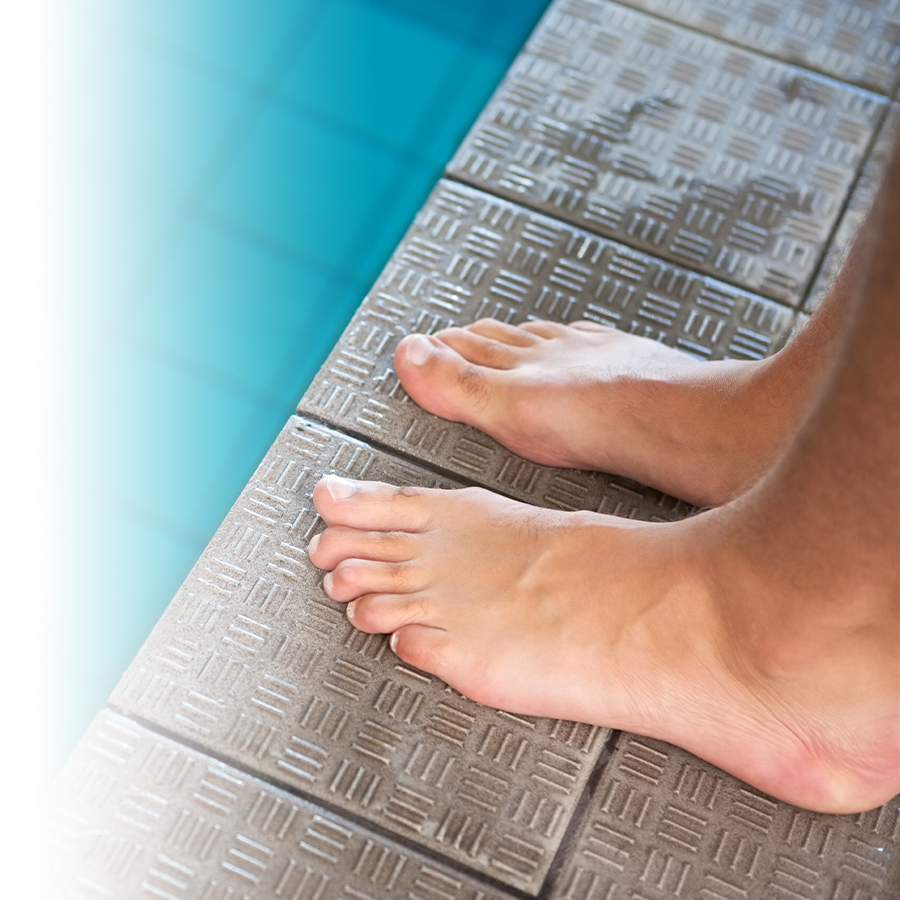Warts are a very common skin problem characterized by a lesion on the skin that is difficult to get rid of. Here is some information about its treatment.
What is a wart?
If you've had a wart, you undoubtedly know how to recognize this small infamous cauliflower-shaped lesion that sometimes appears on the skin. A wart develops following a skin infection due to a virus from the human papillomavirus family. It's main flaw? In addition to being considered unsightly, it is contagious!
A great number of people will see a wart appear on their skin at least once in their lifetime. Children and adolescents are particularly at risk, because they are more likely to frequent places that are conducive to the spread of the virus, such as wet floors around swimming pools, public showers, and sports complexes.
For additional information about the causes and ways to prevent warts, read the following text: The truth about warts.
Why should warts be treated?
Most warts are benign and considered harmless. They sometimes disappear without treatment after several months, or after a few years. However, given that warts can be spread to other people or to other parts of the body, treatment is recommended in certain cases, especially if the warts are a source of discomfort or pain. Moreover, because these small blemishes on the skin are repugnant to some, this is another valid reason to want to get rid of them!
How should warts be treated?
Over-the-counter products
Doctors and pharmacists consider salicylic acid, a corrosive product that removes warts, to be a frontline treatment. Products containing salicylic acid are sold at the pharmacy without a prescription. Other over-the-counter treatments, which mostly consist of cryotherapy (treatments using extreme cold) products, can also prove to be effective.
If you use over-the-counter products, it is important to read the manufacturer's instructions and to follow them carefully. The skin surrounding the wart must be protected, as it may be damaged if it comes into contact with the product. Do not purchase this type of product without first seeking the advice of your pharmacist.
Treatments by a doctor
Some over-the-counter products may not be recommended or may prove to be ineffective in some cases. If this occurs, treatments prescribed or carried out by a doctor are available, such as:
- prescription medication (administered orally, topically or by injection)
- liquid nitrogen cryotherapy
- laser treatment
- surgical removal
- electrocoagulation (the wart is burned using an electrical current)
A person's age, health, and the number and location of warts must be taken into consideration when choosing a treatment.
When should you seek medical attention?
If you have a wart, you should consult a doctor in the following situations:
- if it bleeds
- if it spreads or appears on a birthmark
- if it is very itchy
- if there are signs of infection
- if it is very painful
- if its appearance is deformed or suspicious;
- if you have warts on several areas of the body.
Certain types of skin cancers can have the appearance of a wart, that is why, if in doubt, it's better to consult a doctor. The earlier a wart is treated, the easier it is to get rid of.
Speak to your pharmacist for additional information about warts, the treatments available, and the ways to prevent them.

